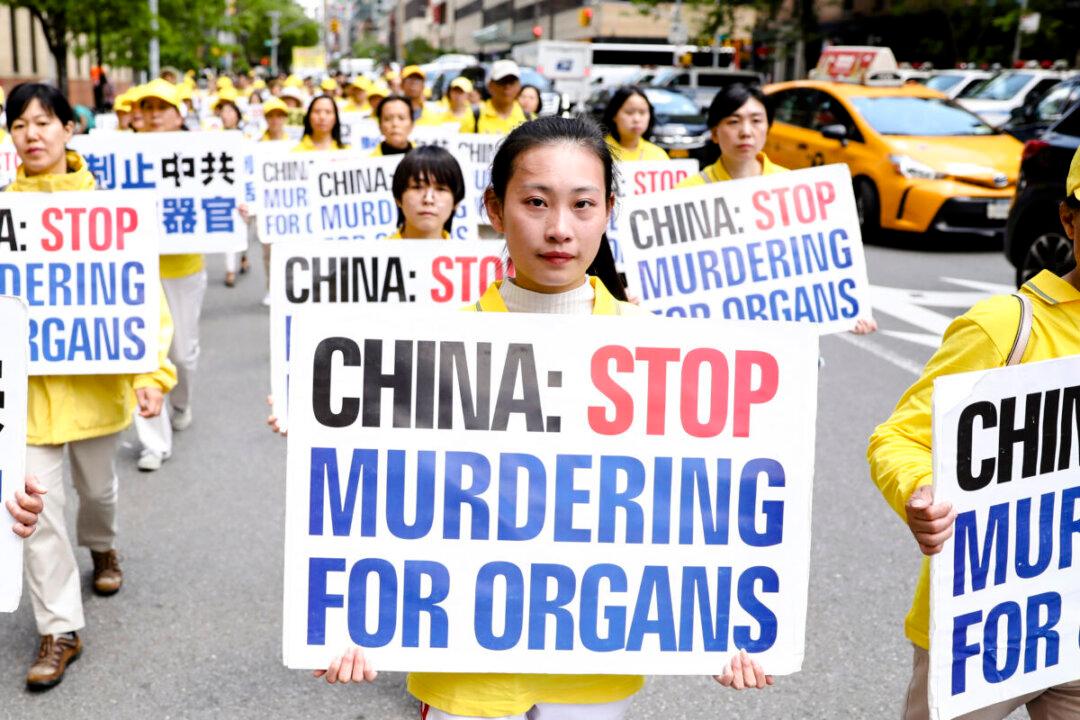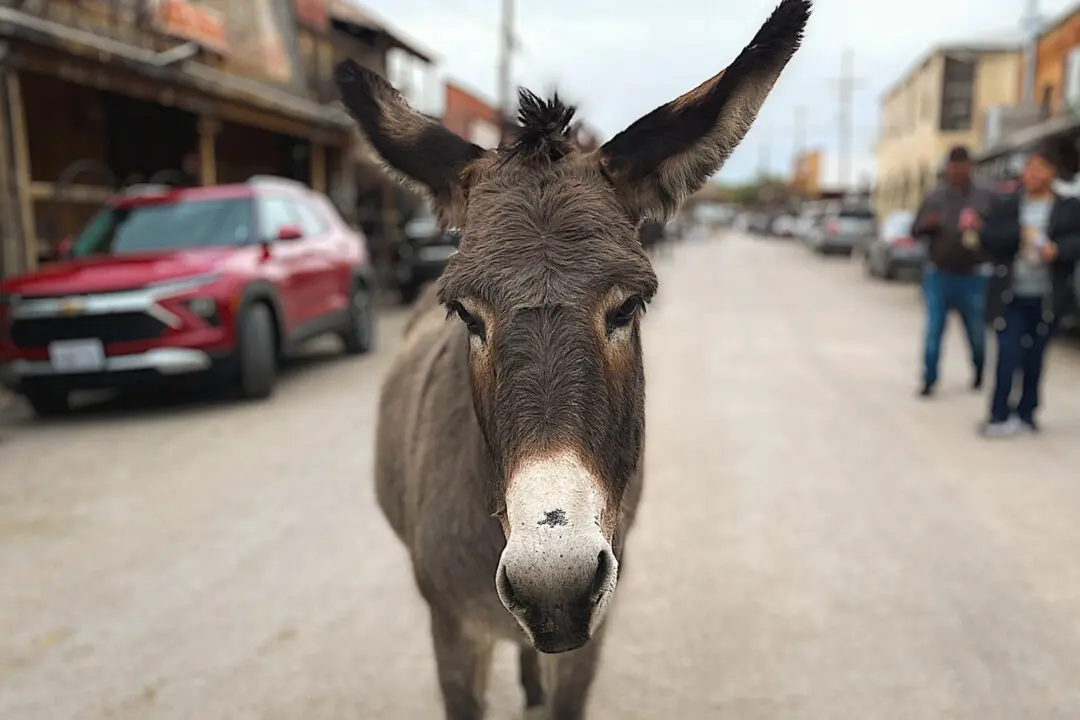PHOENIX, Ariz.—A Republican-sponsored bill in Arizona seeks to combat forced organ harvesting in communist China, where prisoners of conscience have been killed for their organs on a large scale for more than two decades.
The bill passed the state House Health and Human Services Committee on Feb. 5, inching closer to a floor vote in the lower chamber, which is controlled by Republicans.





